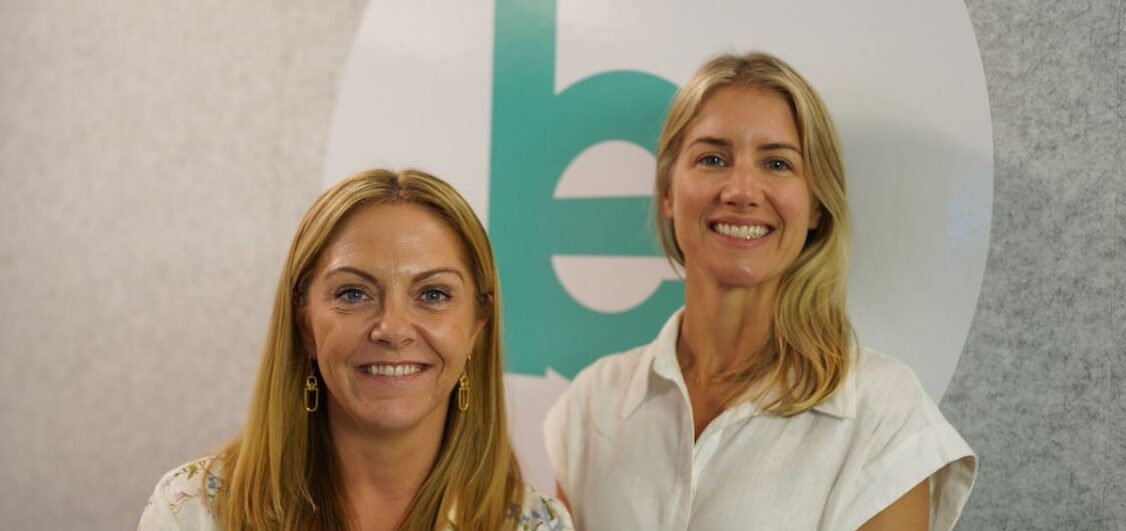Nail Your Next Interview – Our Insider Tips for Job Seekers
Feeling nervous about an upcoming interview? You’re not alone, but you can absolutely take control of the process. Whether you’re applying for a front-line support role, a team leader post, or a senior executive position, the ability to interview well is a skill you can build. With a bit of structure, some self-reflection, and a clear understanding of what today’s employers value, you can walk into your next interview feeling confident and prepared.
At Be Recruitment, we work with employers and candidates across social care, mental health, homelessness, housing, and clinical sectors, so we know what it takes to stand out in a values-driven market. Here are our updated tips for making a great impression in 2025.
1. Own Your Journey – But Keep It Relevant
Every person has a story, and employers want to hear yours. But the key is relevance and keeping it succinct. Think about what’s shaped your professional path and how that ties into the role you’re applying for.
Use your personal narrative to connect the dots:
- Start from the beginning – yes – work backwards through your resume and take them on that journey when you talk about your experience.
- What were your key achievements? Weave this in
- Talk about the pull factors, not the push factors, to explain transitions between roles
- Talk about your motivations to work in this sector
- What challenges have you overcome?
- What do you want to achieve next?
Tip: Keep your story focused and succinct, especially when explaining career changes, gaps, or transitions.
2. Structure Your Success Stories
When you’re asked, “Tell me about a time you dealt with a difficult situation”, don’t wing it. Use the STAR method to stay clear and focused:
- Situation – What was the context?
- Task – What were you responsible for?
- Action – What did you do?
- Result – What was the outcome?
Be specific and keep it under 90 seconds. The goal is to demonstrate not just what you did, but how you think and problem-solve.
3. Practice with Purpose
Interviewing is a skill, and like any skill, it improves with practice. Run mock interviews with a friend, or record yourself answering common questions and play them back. It may feel awkward, but it’s worth it.
What to look for:
- Are you speaking too fast or rambling?
- Do you sound engaged and enthusiastic?
- Are your answers tailored to the role?
Strength-based questions are more common now—think “what energises you at work?” versus “what are your weaknesses?” Be ready to reflect on what you enjoy and why.
The first 4 minutes of the interview, when the interviewer asks you to tell me a little about yourself, this is like a stand-up routine – well-rehearsed and on point – it’s also your chance to control the narrative and share some key achievements, address concerns around transitions and why you are there today applying for that role.
4. Adaptability is the Word for 2025
This year, employers are prioritising:
- Adaptability and resilience
- Emotional intelligence
- Digital confidence (even in frontline roles)
- Values alignment
If you’ve navigated complex systems (like the NDIS or OOHC), worked through service reform, or led during change, highlight it. Not all experience needs to be direct experience.
5. Transferable Skills = Career Currency
Shifting sectors or going for a leadership role for the first time? Focus on how you’ve developed transferable skills:
- Conflict resolution
- Team coordination
- Cultural competency
- Reporting and compliance
Don’t assume your skills are obvious—spell them out with real examples.
6. Ask Good Questions (and Mean It)
The questions you ask tell the interviewer a lot. Go beyond salary and hours. Instead, try:
- “What projects are planned for the future
- Ï have noticed you have been with the organisation for x number of years – tell me about the culture here and what keeps you here?
- “What are the current challenges in the team or service?”
- “How does supervision or support work here?”
- “What would success in the first 3 months look like?”
This shows initiative, curiosity, and a desire to make an impact.
7. Don’t Perform—Connect
The most memorable candidates are often not the slickest, but the most genuine. People hire people, not robots. If you can be clear, thoughtful, and authentically you, you’re already ahead of the game.
Remember: the right job won’t just match your skills—it will align with your values. And when you find that alignment, it’s not just a good interview—it’s a good decision for your future.
💬 Looking for tailored interview support or a practice session with one of our consultants? Get in touch with the team at Be Recruitment—we’re here to help you succeed. [email protected]


